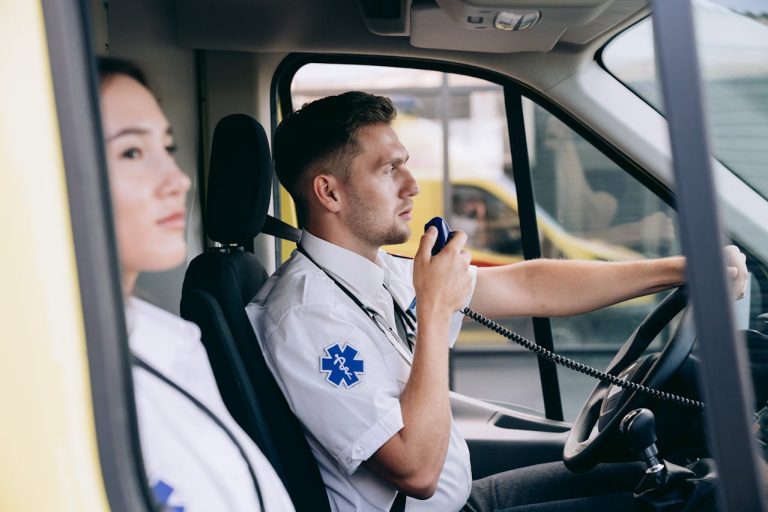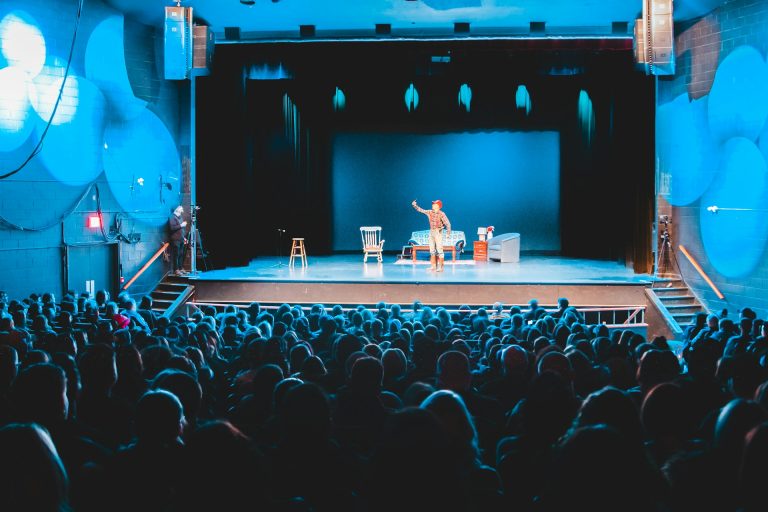
The Jewish community has thrived on connection and dialogue for thousands of years. From the synagogues of ancient Israel to the bustling streets of the Lower East Side in New York, from the philosophical discussions of Maimonides to the Yiddish theaters of Eastern Europe, the exchange of ideas and shared experiences have been at the core of Jewish identity. Today, as the world is more interconnected than ever before, the opportunity to strengthen and enrich these bonds globally is both a challenge and an invitation.
The Power of Connection
Jewish communities, despite being dispersed worldwide, have always found ways to remain connected. Through rituals, traditions, and a shared history of both triumph and persecution, there’s a unique bond that ties every Jew to another. But beyond this shared cultural and religious heritage, fostering global Jewish engagement can empower individual communities, spread knowledge, and build bridges with the broader world.
Dialogue within the Jewish community and with the wider world is not a new concept. It has always played an integral role in Jewish thought and tradition. Through dialogue, the community debates, discusses, and ultimately defines its evolving identity. It’s through dialogue that difficult issues are addressed, conflicts are resolved, and new insights emerge.
Challenges in Fostering Global Engagement
While there is immense potential in connecting Jewish communities globally, several challenges need to be acknowledged and addressed:
Diversity of Practice and Belief
Jewish communities worldwide vary in their religious practices, cultural traditions, and levels of observance. This can lead to misunderstandings and divisions.
Geographical Dispersion
With major Jewish communities spread across continents, from Israel to North America, Europe, Africa, and Asia, the sheer geographical spread can sometimes hinder consistent and meaningful interaction.
External Pressures
Anti-Semitic sentiments, political pressures, and social challenges can sometimes impede open dialogue and engagement.
“Unity in diversity remains our greatest strength,” says Michael Freund, a rabbi and the founder of the Shavei Israel organization. “While our global dispersion and varying practices may seem like hurdles, they underline the need for us to come together. In the face of external challenges, it’s imperative to remember that every Jewish heart beats in unison, regardless of geography or tradition.”
Tools and Strategies for Enhanced Global Engagement
To foster greater Jewish engagement and dialogue worldwide, Freund says, a multi-pronged approach is needed:
Technology as an Enabler
With the proliferation of digital platforms, technology can be a powerful tool to unite Jewish communities. From virtual synagogue services to online Jewish learning platforms and social media groups, technology can transcend geographical boundaries.
Cultural Exchanges and Meetups
Organizing global Jewish cultural festivals, exchange programs for students, and gatherings can provide direct, personal experiences of diverse Jewish traditions and lifestyles.
Educational Initiatives
Building curriculums that reflect the global Jewish experience can help young Jews understand their shared heritage while appreciating the diversity of the worldwide Jewish community.
Interfaith and Intercommunity Dialogues
Engaging in dialogues with communities outside the Jewish fold can challenge biases and foster mutual respect.
The Way Forward: Building a Legacy
“To truly build a legacy of connection and dialogue,” Freund says, “a sustained effort is required at both grassroots and global levels. It’s about more than just organizing events or launching digital platforms. At its core, it’s about fostering an ethos of open-mindedness, respect, and genuine curiosity.”
Local Communities
Local Jewish organizations, synagogues, and community centers play a pivotal role. They can be hubs of global Jewish engagement by partnering with communities abroad, hosting events that showcase diverse Jewish traditions, and promoting inter-community dialogues.
Young Jews
The younger generation is instrumental in this vision. Encouraging them to explore their heritage, connect with their global peers, and actively participate in dialogues ensures that the legacy of connection is carried forward.
Collaborative Projects
Working on collaborative projects, be it research, art, or social initiatives, can foster deep connections. When people work towards a shared goal, differences often take a backseat to the shared mission.
“Our future is illuminated by the connections we make today,” Freund says. “When local roots intertwine with global aspirations, and when our youth embrace their rich heritage while reaching out to peers across borders, we create more than just dialogues – we craft bridges.”
“The Jewish legacy,” Freund notes, “is one of resilience, adaptability, and an enduring sense of community. In today’s interconnected world, there’s an unprecedented opportunity to redefine what this community looks like on a global scale.”
“By leveraging modern tools and fostering a culture of dialogue,” he says, “the Jewish community can build bridges, strengthen bonds, and create a legacy of connection that future generations can cherish and uphold.”
About Michael Freund
Michael Freund is the Founder and Chairman of Shavei Israel, a non-profit organization dedicated to strengthening the connection between the Jewish people and their heritage. With a background in journalism and public affairs, Freund has been a leading voice in promoting Jewish identity and heritage worldwide. Having served as the Deputy Communications Director for Israeli Prime Minister Binyamin Netanyahu, he brings a wealth of experience and knowledge to his role. Through Shavei Israel, Freund has spearheaded numerous initiatives, supporting Jewish communities globally and ensuring the preservation of Jewish culture and traditions. His unwavering commitment to Jewish continuity has earned him respect and influence in the Jewish community and beyond.






